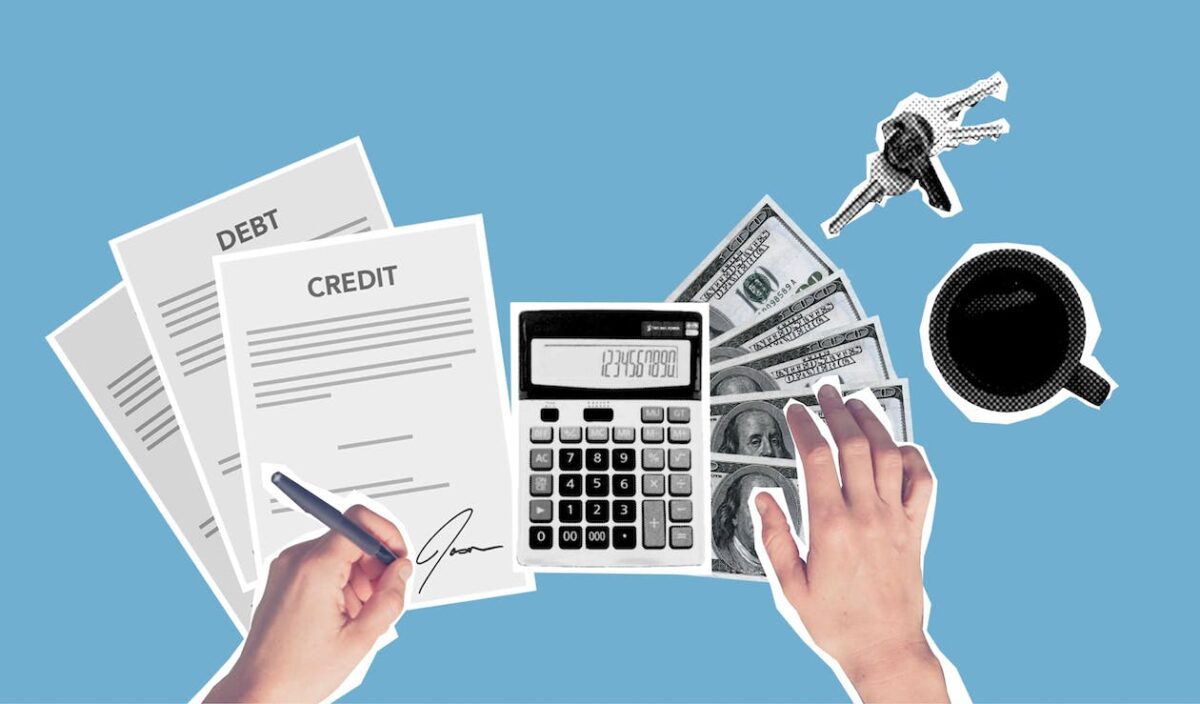As a leading merchant cash advance collections agency, Monetaria’s mission is to help our clients recover what is owed to them. Serving many businesses in the merchant cash advance, we are uniquely positioned to understand the challenges of funding businesses that may look to default on their obligations and attempt to block our clients from collecting their payments in an efficient and effective manner.
In this article, we’ll share our insights on the process of collecting defaulted merchant cash advances.
What Happens When a Merchant Cash Advance Goes into Default?
Defaulting on a merchant cash advance generally means that the business that was funded is generating sufficient revenue to satisfy the terms of the merchant agreement with the funder but chooses to obfuscate its contractual duties to continue delivering as per the terms of the agreement. Another way a merchant can default is by not communicating with the funder that their revenue has decreased and that they need to reconcile their payments commensurate with their current revenue stream.
Completely defaulting on an advance is typically a last resort. Other- more productive- ways of managing a payment plan a merchant can’t keep up with is communicating their difficulties with their funder and restructuring the payment plan along terms more commensurate with the revenue they are presently generating, or in more dire circumstances, renegotiating the amount owed in more dire scenarios.
When the business advanced starts blocking or bouncing payments, and stops communicating with the funder about their declining revenues and intentions, this is usually considered a default according to the terms of most merchant agreements. In other words, the obligation is on the merchant to notify the funder that their revenue has declined.
When the merchant defaults, the funder may be moved to pursue methods to collect what is outstanding, such as hiring a third-party collection agency with experienced merchant cash advance collectors or onboarding a debt collection attorney to collect what they’re owed through the courts. In some cases (like Monetaria), a number of collection agencies have experienced commercial debt collection attorneys on staff, to easily pursue legal remedies if it becomes necessary.
How to Collect A Defaulted Merchant Cash Advance?
At our collections agency, we understand that businesses defaulting on an MCA you advanced can put your funding business in a difficult position. That’s why we recommend reaching out to experienced debt recovery and collection agencies capable of exploring all available angles if you find yourself needing to recover funds.
At Monetaria, our team of experienced commercial debt recovery experts and attorneys work tirelessly to help MCA companies collect on defaulted advances. Our collection process is designed to be efficient and effective, using a combination of legal, financial, and technical strategies to ensure that debts are collected and businesses are able to continue operating.
We believe in a fair and transparent approach to collections and always work closely with our clients to ensure that they understand the process and are comfortable with the steps we are taking to collect their debts. Whether through negotiation, settlement, or legal action, we strive to achieve the best possible outcome for our clients.
We’re happy you found this article informative! Go back to our blog page to find more tips, tricks and guidance on bookkeeping, to ensure your business gets paid.
If you have unpaid debts that need to be recovered, commercial debt collection may be a good option for your business. A commercial debt collection agency can help you with the process of recovering past-due accounts and provide guidance on best practices for managing accounts receivable.
Led by a team of experienced debt collection attorneys, Monetaria has helped hundreds of businesses recover and collect their outstanding debts and payments. Schedule a FREE consultation with our expert team to see how we can help you recover your money today!




